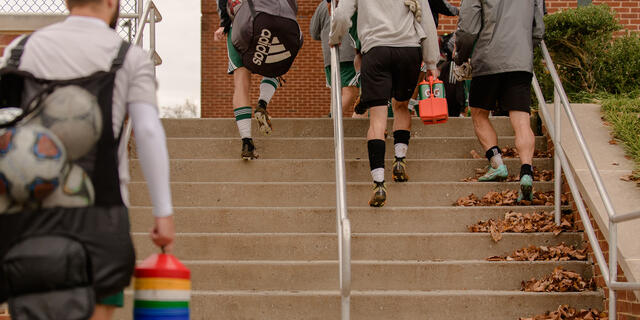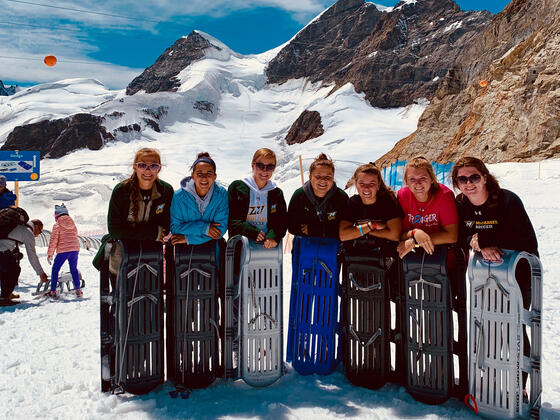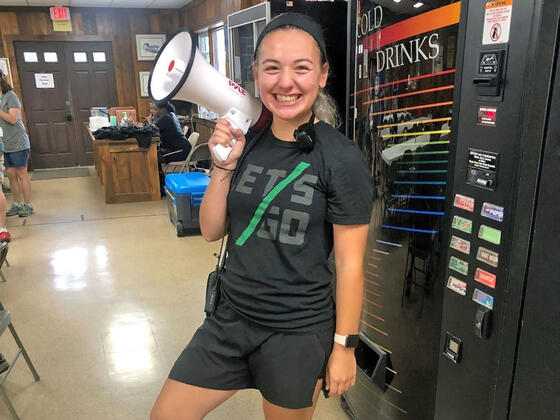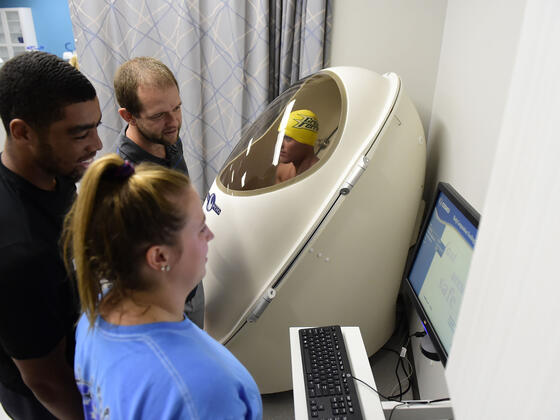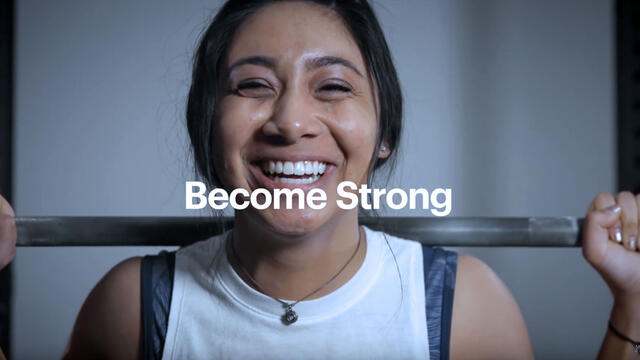Performance, Fitness, and Conditioning
Squats or lunges? Sprints or long distance? Power lifting or high intensity interval training? How do athletes get stronger? Faster? More agile? More explosive? And how can you help them become the beasts they want to be?
Mortarboard
Degree Types
Minor
Institution
Complementary Programs
Heart
Distinctive Requirements
Capstone
Document
Research Facilities
Gill Athletic Center
